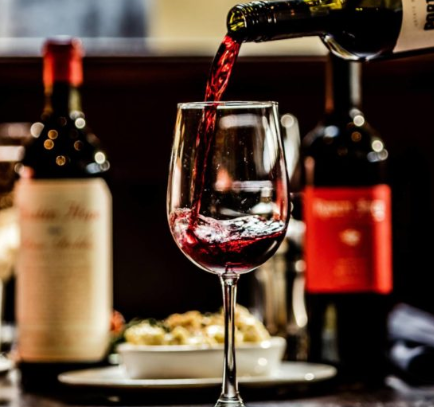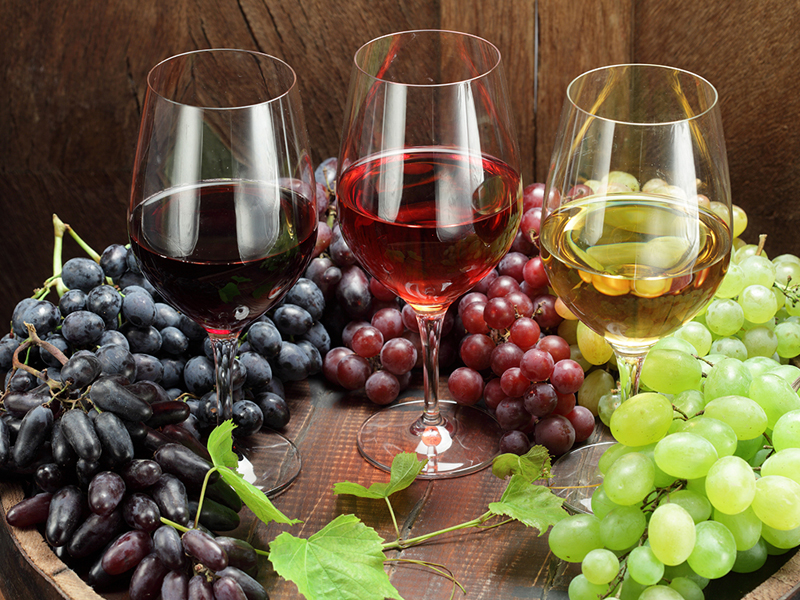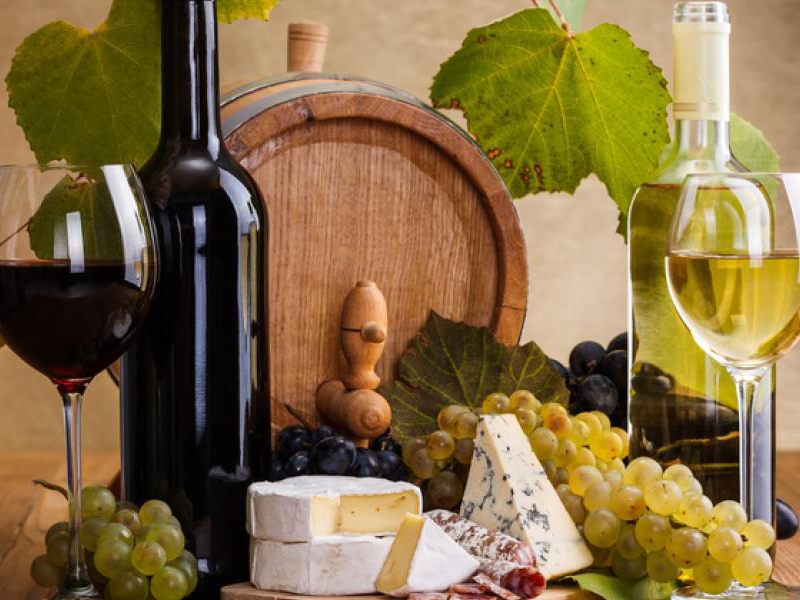- Details
- Category: How Technology Is Transforming the Wine Industry
Luckily, liquor store in Davie, FL explains that the wine exchange has had one bit of leeway over numerous different businesses in that, for the most part, the legislatures of wine creating countries have declared that wine creation ought to be secured as a basic industry.
 This implies it might keep working during the times of lockdown and different limitations. However, that has still left makers with a heap of different issues to manage.
This implies it might keep working during the times of lockdown and different limitations. However, that has still left makers with a heap of different issues to manage. In spite of us drinking a greater amount of it at home, there has been an impressive downturn in incomes, and business for the most part, which is unavoidably going to have longer term ramifications for makers and every single other piece of the business.
Definitely, the conclusion of cafés and bars in a nation where they are a piece of the social texture has prompted an enormous drop in incomes, which is just somewhat counterbalanced by the related increment in store deals.
The various exchange tastings that generally occur during as the year progressed, which are the greatest exhibits for some makers and a fundamental piece of the activity of wine essayists, are presently waiting or dropped – social removing aside, casting off mouths loaded with wine into spittoons is fairly disapproved of the present moment.
Concerning viticulture, there have been reports from certain domains of just a single specialist being permitted per line of plants, some of the time two lines, unavoidably expanding the term of weeding, tying up sticks, cutting and other such late-spring work.
Work breaks are lurched to diminish the size of social events. Enrollment is required with the applicable service which has been doing confirmation on location of safe practice. This has come at a major budgetary cost, which makers will try to counterbalance by expanding future fares.
While they have had the option to proceed with confined work in the grape plantations (remembering putting out ice candles for cool nights to secure youthful buds), Ridgeview lost a lot of income short-term with the conclusion of eateries, lodgings, grape plantation visits and their basement entryway, and may lose 33% of anticipated salary for 2020. Luckily off-exchange deals are unaffected and online deals have improved.
With income consistently a test in the wine exchange (wines are frequently not prepared available to be purchased for at least three years), they have expected to acquire stock money to empower them to bottle the 2019 vintage and keep away from business break in future.
I have quite recently tasted the Ridgeview Bloomsbury NV, which has the signs of achieved winemaking, and that foreshadows well for an arrival to great occasions when the pandemic is finished.
One positive thing evident from different reports I have perused on the impact of coronavirus on the wine business, is the amiableness and aloofness of the individuals who produce wine. They are, truth be told, vital attributes in the individuals who produce wine.





